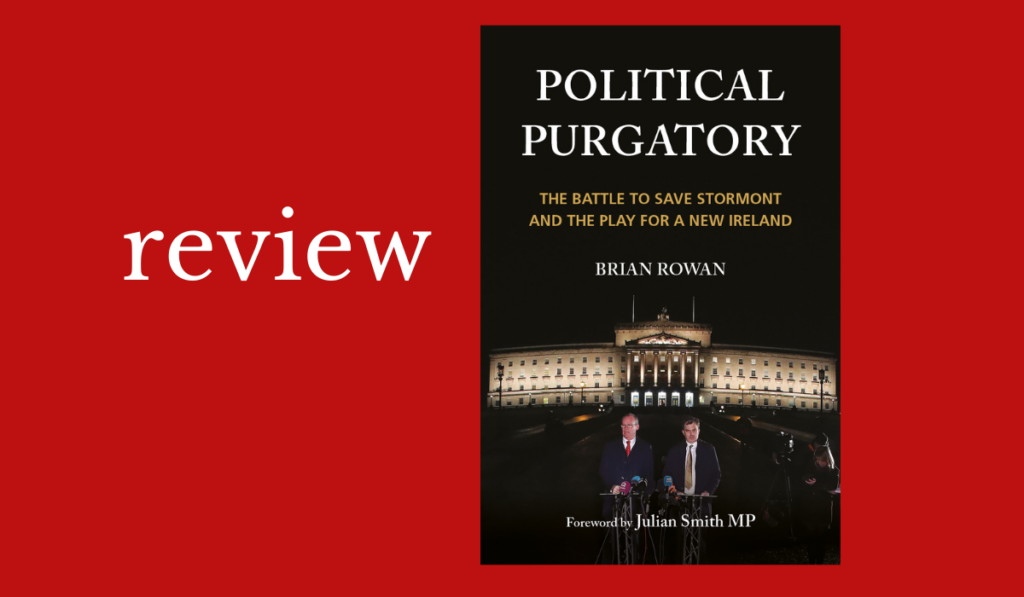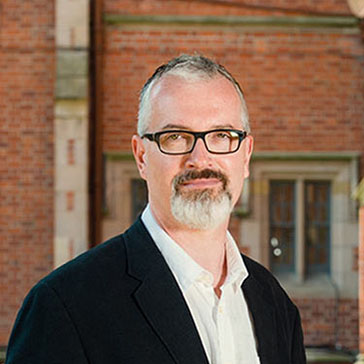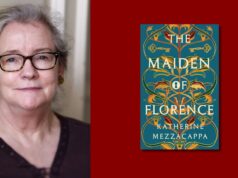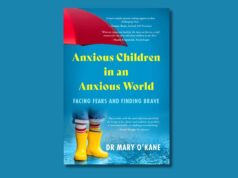
Political Purgatory: The Battle to Save Stormont and the Play for a New Ireland|Brian Rowan| Merrion Press|ISBN:9781785373817|€19.95
by Richard English
The Northern Ireland Troubles prompted the emergence of some major journalists, whose daily work at local level necessarily involved addressing a world-significant conflict.
Brian Rowan, a long-time BBC correspondent and security editor, was one such figure. His compelling book on recent Ulster politics, Political Purgatory: The Battle to Save Stormont and the Play for a New Ireland, reflects his very good access to wide-ranging actors, and also his strong grasp of the messy intricacies of politics in the North.
The book focuses on the attempt to resuscitate the Stormont Executive during the period between deputy First Minister Martin McGuinness‘s resignation in January 2017 and the re-establishment of the Executive three years later. That latter recreation in January 2020 owed much to the efforts of Julian Smith (as Secretary of State for Northern Ireland) and Simon Coveney (as Tanaiste), a reminder of the need for combined efforts by the UK and Ireland if Northern Ireland is to proceed benignly.
Smith and Coveney are among those who have contributed their thoughts for this book, and the volume valuably quotes at length from the reflections of key players drawn from numerous perspectives.
These include some usefully candid observations; those from unionists provide visibility for views which are sometimes globally less visible than they might be. Former Democratic Unionist Party (DUP) politician Peter Robinson, for example, comments that, ‘The terror toll, community division, distrust and loathing for the IRA and all those associated with its murder campaign was, understandably, palpable within the unionist constituency’ (10).
The book does more than its title might perhaps suggest, since it reflects the historically deep and entangled roots beneath contemporary challenges. So the recent events addressed in the book – such as the terrible murder by republicans of journalist Lyra McKee in Derry, or the embarrassing shambles of the Renewable Heat Incentive (RHI) Scheme – are embedded in longer relationships, all too often ones characterized by enmity.
Brexit
The polarization and lack of trust too often evident in those relationships were deepened by the emergence of Brexit. The 2016 UK EU referendum outcome saw (not for the first time in Irish history) an essentially external development unexpectedly transform the nature and trajectory of Ulster politics. As Rowan says, Brexit ‘has left cracks across the four nations of the [UK] Union’ (194).
Brexit and reactions to it have reinforced the difficulties inherent within the ongoing peace process journey.
As Rowan comments, Northern Ireland is ‘not yet at peace with itself’ (x), and ‘the journey out of war is long. It is not always clean’ (xiv). As former Police Service of Northern Ireland (PSNI) Chief Constable Hugh Orde observes in this book, ‘End games in terrorism are messy. The experience across the world is that they don’t just stop’ (30). The continuing violence of republican and loyalist paramilitaries operates at a considerably lower level than was the case between 1969 and 2005, the latter year seeing the Provisional Irish Republican Army formally ending their own long war. Orde also points out that ‘compromise was an inevitable part of the process, however difficult it was going to be’ (31). As another former-PSNI Chief Constable, George Hamilton, observes: ‘transition out of conflict right across the world is never straightforward. There is often a feeling of one step forward and two back’ (83).
Steps forward
Some of the important forward steps were made by Irish republican leaders drawing their movement from violence towards peaceful politics. This was a complicated process.
In his own thoughts offered for this book, former PSNI Assistant Chief Constable Peter Sheridan sharply captures the ambiguity of contributions made by Martin McGuinness, to war and to peace: ‘There has to be a level of depravity to have such indifference to human life. Inside the IRA, he [McGuinness] was there at the top of the tree, and he couldn’t be there, or remain there, if he didn’t have that ruthlessness. With politics, he moved. He recognized that violence on its own was not going to succeed and moved into, and became wedded to, the peace process. Without him, it wouldn’t have worked’ (96).
Based on long journalistc experience and insight, and allowing many such voices helpfully to be heard, Brian Rowan’s book makes a valuable contribution to understanding the difficulties and challenges ahead in the North.

Richard English is Professor of Politics at Queen’s University Belfast, where he is also Distinguished Professorial Fellow in the Senator George J. Mitchell Institute for Global Peace, Security and Justice.
He is a Fellow of the British Academy, a Member of the Royal Irish Academy, a Fellow of the Royal Society of Edinburgh, a Fellow of the Royal Historical Society, an Honorary Fellow of Keble College Oxford, and an Honorary Professor at the University of St Andrews. In 2018 he was awarded a CBE for services to the understanding of modern-day terrorism and political history. In 2019 he was awarded the Royal Irish Academy Gold Medal in the Social Sciences.
Forthcoming: (R. English (ed.), The Cambridge History of Terrorism (Cambridge University Press, 2021)












